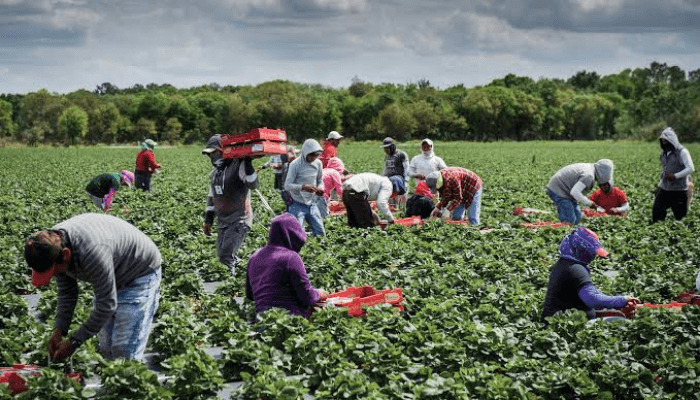Nigeria, known for its rich agricultural potential, faces a significant challenge in harnessing the expertise of its agriculture graduates to combat food insecurity. Despite producing a substantial number of agriculture graduates, with more than 70% of the universities in the country offering agriculture programmes, as reiterated in the report of the National Bureau of Statistics (2023), a glaring gap still exists between theoretical knowledge and practical application in the field.
Many graduates, and even those from agricultural engineering departments, seem to lack hands-on experience and often resort to outdated tools like hoes and cutlasses, hindering progress in the agriculture sector. The essence of agriculture lies in the practical application of knowledge and the adoption of advanced technologies to enhance productivity. Unfortunately, a considerable portion of agriculture students in Nigeria’s mainstream educational institutions are not adequately exposed to practical aspects, creating a disconnect between their theoretical understanding and real-world challenges in farming. The potential of these graduates, as catalysts for innovative solutions to food insecurity, remains largely untapped.
The urgency to address this issue is evident as Nigeria needs a workforce of agriculture professionals, who can seamlessly translate theoretical knowledge into practical interventions. While initiatives like those of the CSS Global Integrated Farms in Nasarawa State (2021) and the NAVSA Empowerment Training (2023) in Oyo State have made commendable efforts in training youths in agriculture and agribusiness, there is a need for sustained and consistent programmes that accommodate more significant number of participants. Reducing the emphasis on summits and seminars and increasing hands-on experiences can be a transformative approach. Practical training, guided by experienced farmers, allows agriculture graduates to familiarise themselves with modern tools, machinery, and technologies. This approach, not only enriches their skill set, but also encourages the application of innovative ideas to address challenges faced by the agriculture sector. The initiative by the Oyo State government in 2021 and 2023 is equally a right step in the right direction.
Still, it should serve as a model for continued efforts, advisably year after year, with an increment in participants. The training should extend beyond presentations and readings and prioritise practical exercises, enabling participants to implement and refine new ideas under guidance. This holistic approach ensures that graduates, not only understand theoretical concepts, but can also contribute actively to increasing food production in the state and, consequently, the entire nation. Bridging the gap between theory and practice in Nigerian agriculture is imperative for unlocking the full potentials of agriculture graduates and transforming them into practical innovators. Through consistent and hands-on training initiatives, these graduates can emerge as key contributors to the nation’s food security and agricultural sustainability journey.


